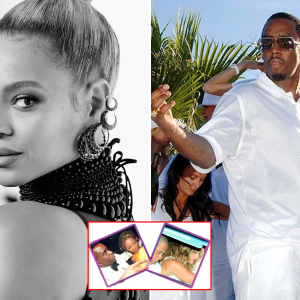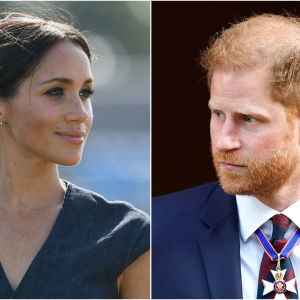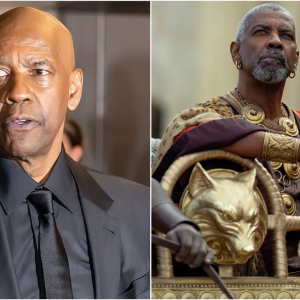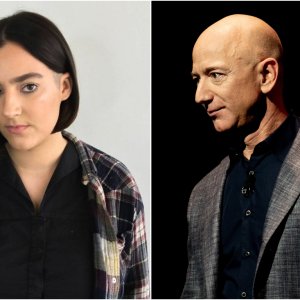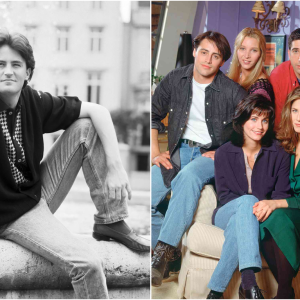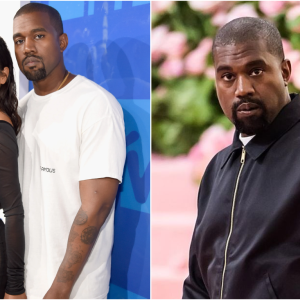- Zeus sends Hercules to kill Thor as retribution and setup for a showdown in a future movie..
- Jane goes to Valhalla in a post-credits scene, setting up potential returns for her and others.
- Thor will return, but it’s unclear when, where, or which version of Thor it will be.
Marvel Studios’ Thor: Love & Thunder has two post-credits scenes with big implications for the God of Thunder’s future in the Marvel Cinematic Universe. Thor (Chris Hemsworth) has been part of the MCU since Phase 1 and has appeared in seven movies leading up to his latest solo film. Last viewers saw him at the end of Avengers: Endgame, Thor joined the Guardians of the Galaxy for adventures off-Earth, leaving Valkyrie (Tessa Thompson) in charge of New Asgard as its king. When Love & Thunder starts, Thor is still with the Guardians of the Galaxy, though that doesn’t last long.
In Taika Waititi’s follow-up to his 2017 MCU movie Thor: Ragnarok, Thor journeys back to New Asgard, where he’s reunited with his ex-girlfriend Jane Foster (Natalie Portman) and clashes with the villainous Gorr the God Butcher (Christian Bale). The Thor: Love & Thunder ending sees Thor raising Gorr’s daughter, Love, after the God Butcher uses his Eternity wish to revive her and perishes. Of course, the story continues with Thor: Love & Thunder‘s post-credits scenes, which feature surprising returns and the introduction of a new MCU character. Here are both Thor: Love & Thunder post-credits scenes explained!
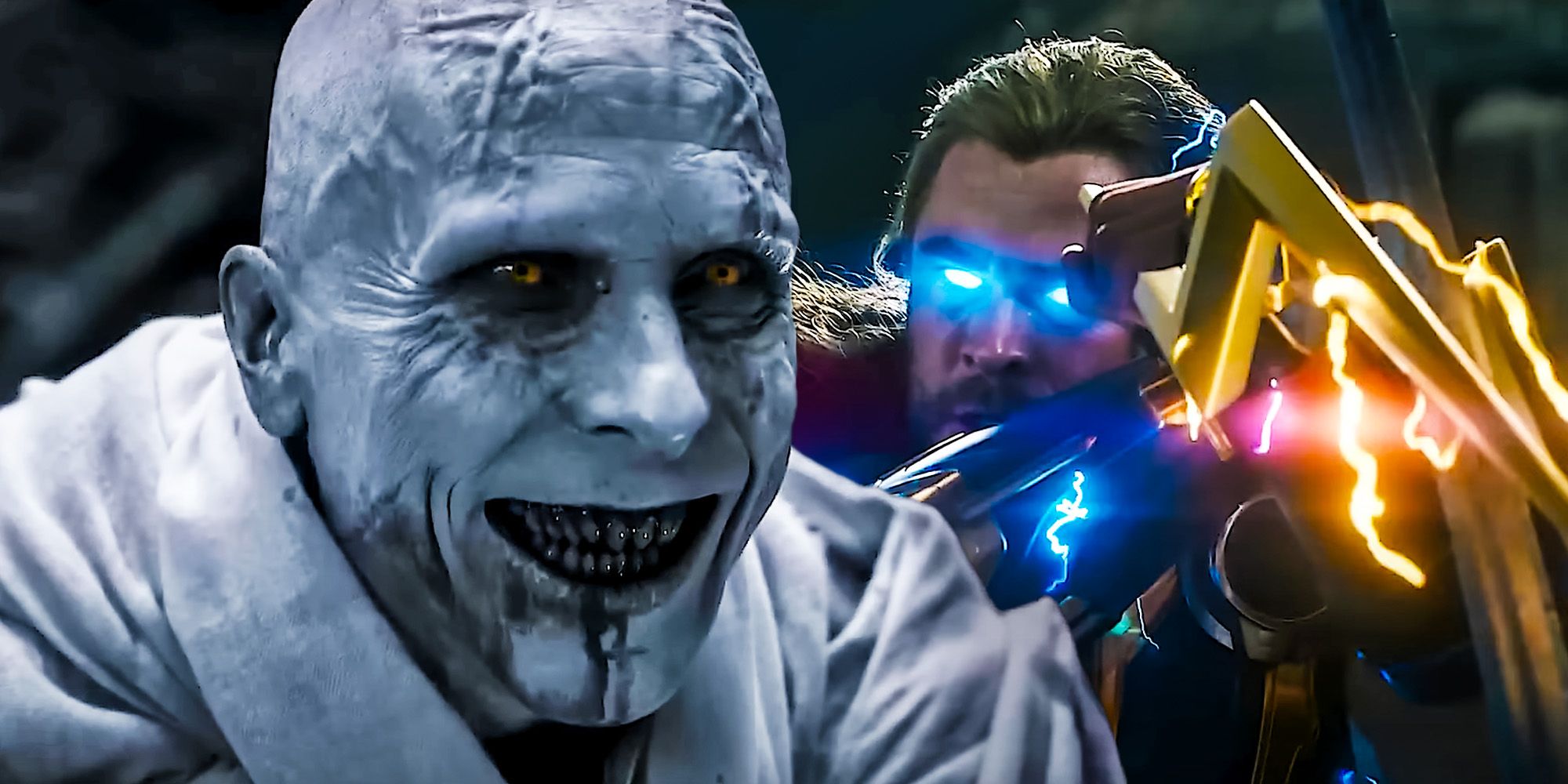
Although Thor pierces Zeus through the heart with his lightning bolt after Zeus doesn’t take the Gorr threat seriously and tries to kill Thor and his companions, Zeus isn’t so easily killed. In the first Thor: Love & Thunder post-credits scene, Zeus is alive with his wound being tended to, and he’s speaking to his son, Hercules (Brett Goldstein). In retaliation for Thor’s insolence, Zeus makes a speech about how humans don’t fear gods the way they once did – the way they should. Instead, humans are too captivated by superheroes.
To set an example of one of Earth’s Mightiest Heroes and as retribution for stealing his lightning bolt, Zeus sends Hercules to kill Thor. The scene works as both setup and payoff in Thor: Love & Thunder. When Thor and his friends initially travel to Omnipotent City, he mentions Hercules, but the Olympian hero never makes an appearance – that is, until the post-credits scene.
So the scene delivers on the earlier mention of Hercules while also setting up a showdown between the Olympian and the God of Thunder. When that showdown will take place remains to be seen, but it will likely be in a solo Thor movie, rather than an event-style team-up like an Avengers film. Nevertheless, after Thor’s battle with Zeus in Love & Thunder, Thor fighting Hercules should be exciting whenever it takes place.
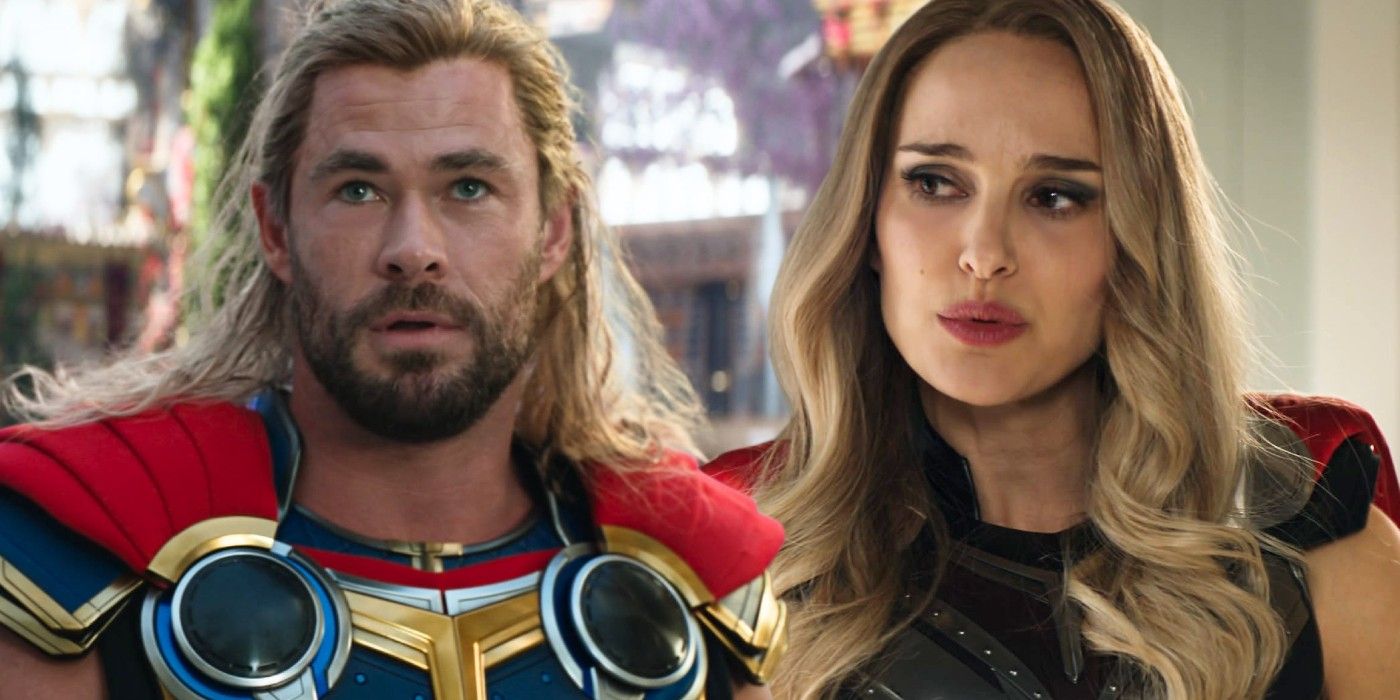
Brett Goldstein Plays Hercules In The MCU
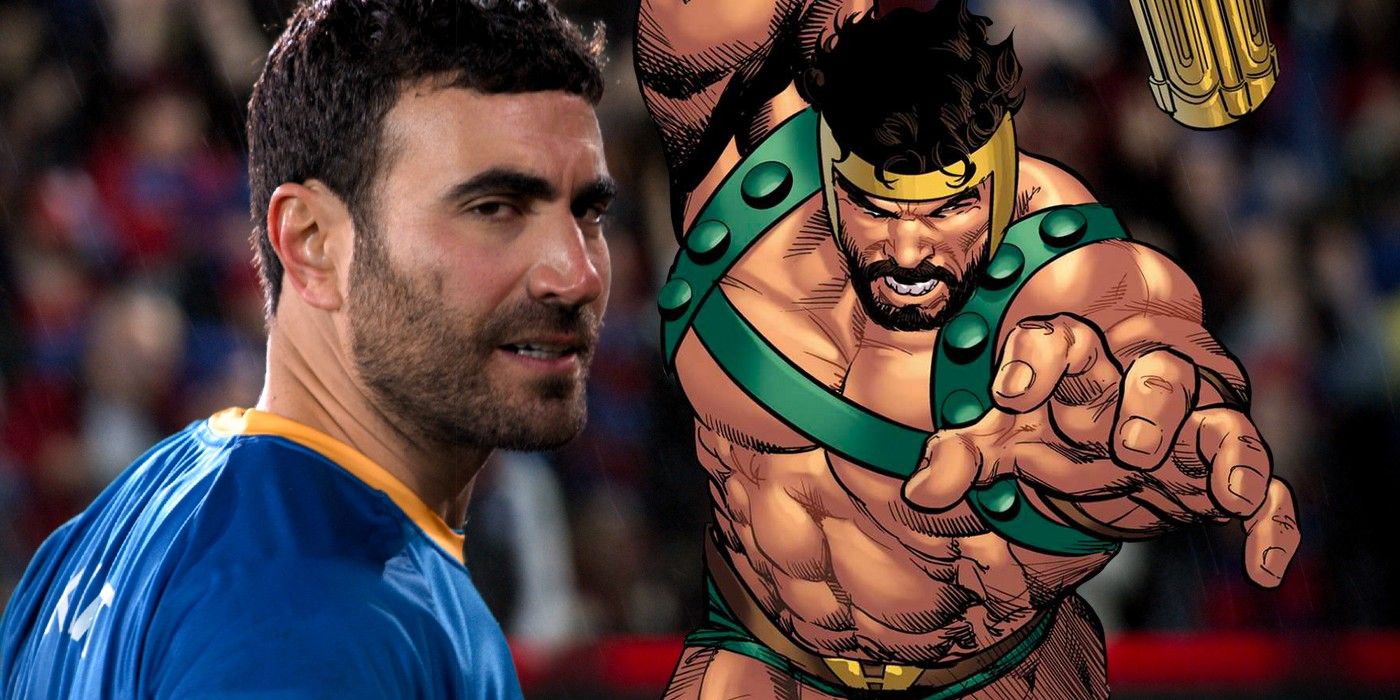
Over the years, there has been plenty of discussion among Marvel fans about who could play Hercules in the MCU. Henry Cavill, Joe Manganiello, Dwayne Johnson, and Zac Efron have been popular picks for Hercules, but Marvel Studios ultimately went with Brett Goldstein. One of the breakout stars of Apple TV+’s Ted Lasso, the Brit is perhaps best known for playing gruff footballer Roy Kent. Prior to Ted Lasso, the actor appeared in a handful of British comedies, including Ricky Gervais’ Derek, as well as on an episode of Doctor Who.
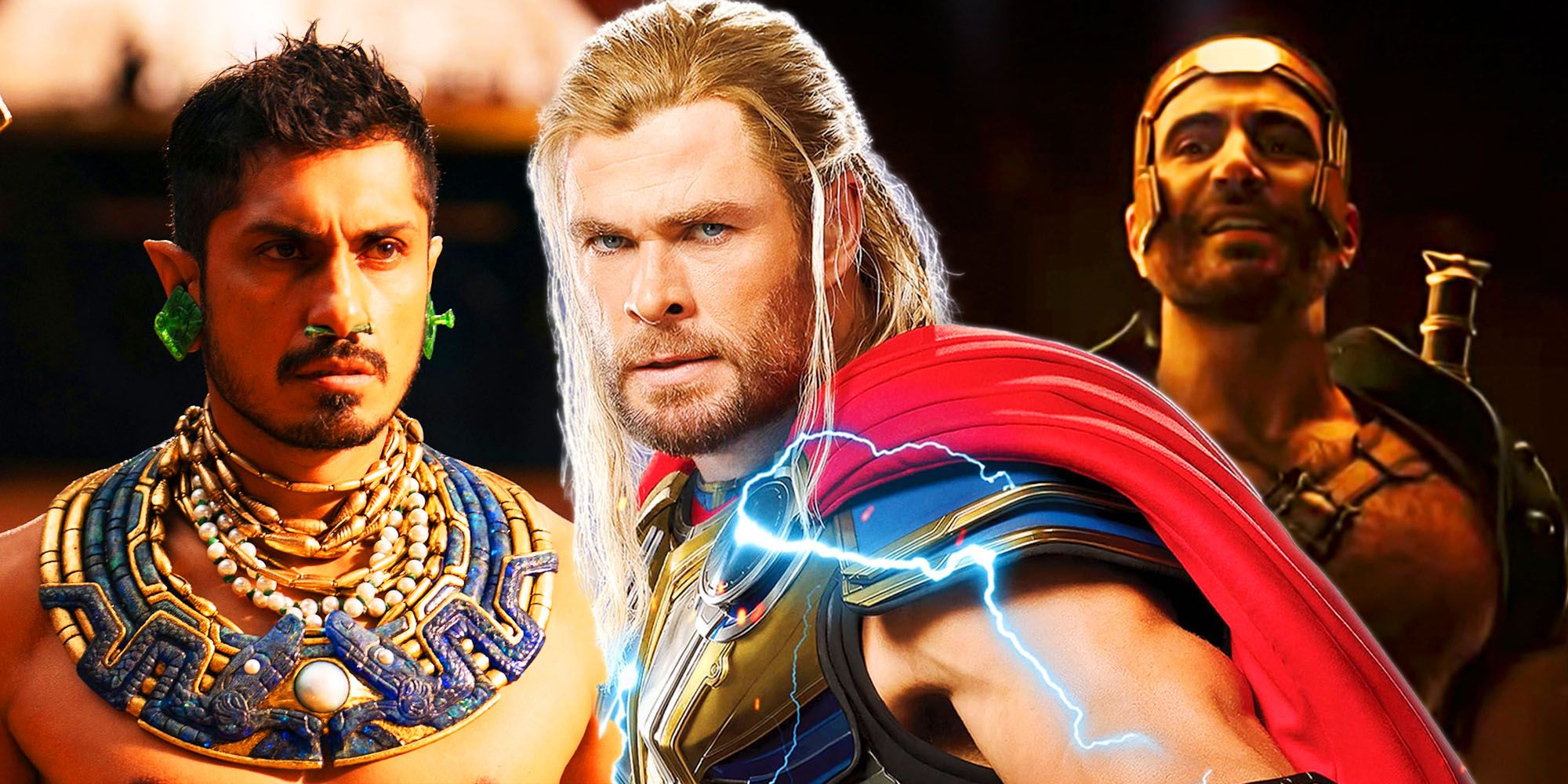
Though he has more than a dozen credits to his name across TV and film, Goldstein’s stardom is still relatively new and limited to those aware of his Ted Lasso role. This follows in Marvel Studios’ tradition of casting lesser known actors for the franchise’s hero roles. It’s unclear exactly what Goldstein will do with the role of Hercules – after all, he’s only seen for a few seconds in the Thor: Love & Thunder post-credits scene – but the actor is an exciting addition to the MCU.
Hercules In the Comics
Created by Stan Lee and Jack Kirby in the 60s, Hercules is an ally of Thor in the Marvel Comics and has been a member of the Avengers. However, his first appearance saw the half-human, half-Olympian hero set up as a foe for Thor, but it was in a fight orchestrated by the villain Immortus – and that was later retconned to be a different version of the character. Over the years, Hercules appeared in a number of popular Marvel Comics events, including Civil War and Secret Invasion. He’s also crossed over with plenty of Marvel characters, including the Guardians of the Galaxy.
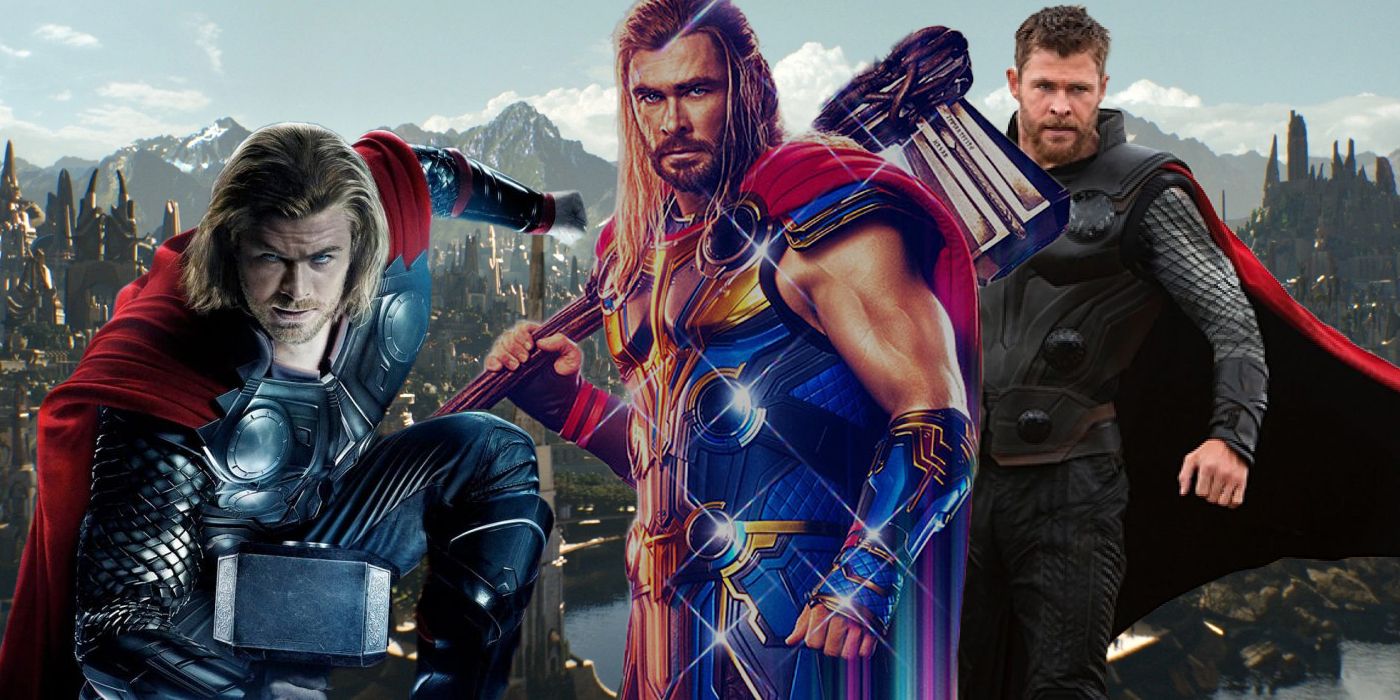
Moreover, Hercules is also canonically bisexual in the Marvel Comics, having had a relationship with the alternate universe Wolverine. In 2015, when Hercules received a new solo series at Marvel Comics, then editor-in-chief Axel Alonso implied Hercules is straight in the 616 universe. However, when the hero appeared in the Guardians of the Galaxy series launched in 2020, Hercules began a romantic relationship with Noh-Varr aka. Marvel Boy. This reconfirmed Hercules as a bisexual character in Marvel Comics. Whether that aspect of the character will be included in Marvel Studios’ live-action take on Hercules remains to be seen.
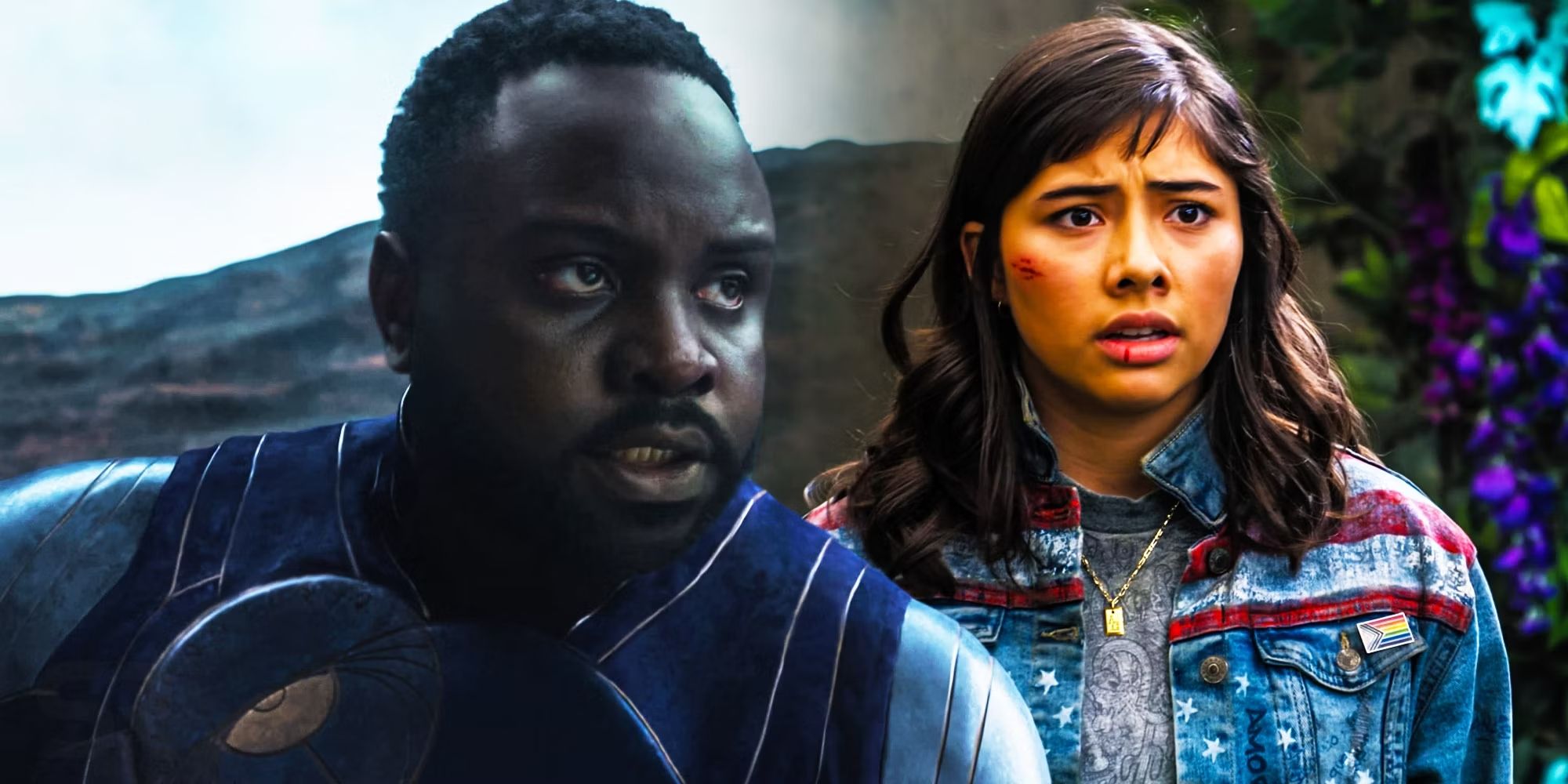
How Is Zeus Still Alive At The End of Thor: Love & Thunder?
Zeus is able to heal himself of most injuries, including regenerating damaged or missing limbs and organs
During their fight in Omnipotent City, Thor seemingly kills Zeus by piercing the god through the heart with his own lightning bolt. However, Zeus is alive and healing in the Thor: Love & Thunder post-credits scene, which begs the question of how exactly he survived. The answer is, essentially, it’s very difficult to kill an Olympian – and Zeus has even stronger abilities than most other Olympians.
He is, of course, superhumanly strong and fast, but most importantly, he has a regenerative healing ability. As established in Marvel Comics, Zeus is able to heal himself of most injuries, including regenerating damaged or missing limbs and organs. This means that even though Thor destroyed Zeus’s heart with the lightning bolt, the Olympian god was able to regenerate and heal himself.
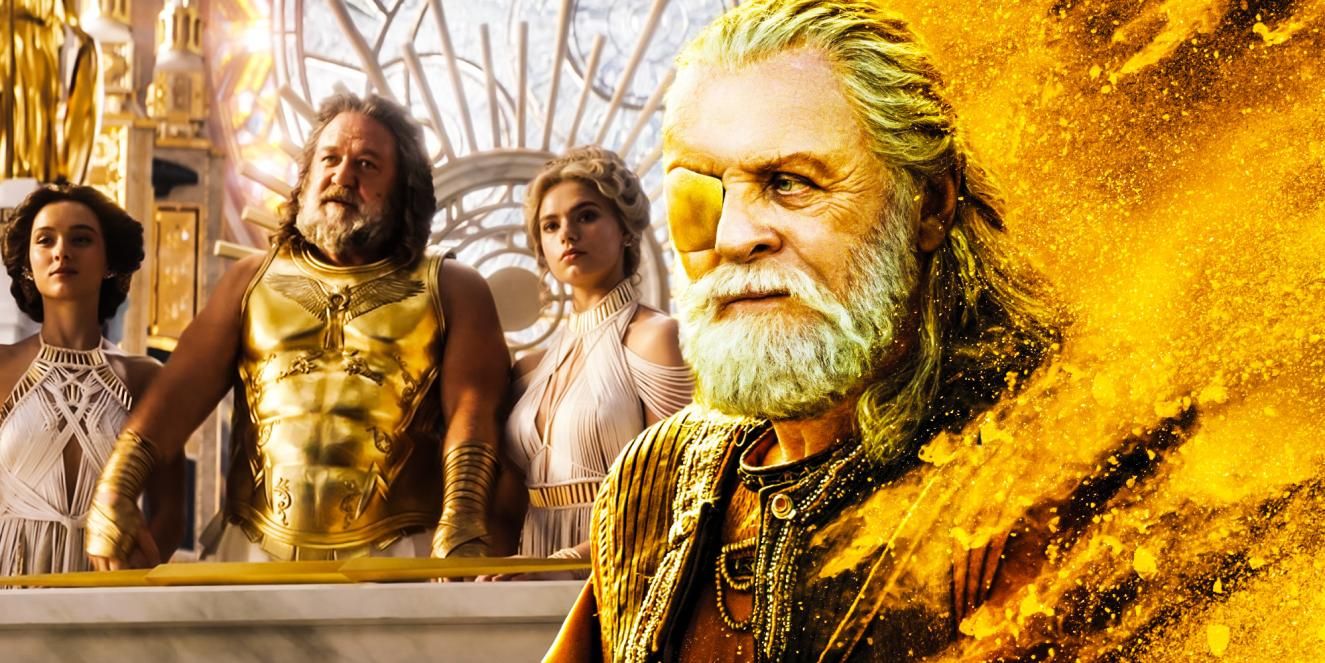
Zeus’ healing ability is bad news for Thor since it means the Olympian is well enough to send his son on a mission to kill the God of Thunder. However, since Hercules is only half Olympian, his own healing abilities aren’t quite as strong as his father’s – at least, in the comics. This means that Thor could theoretically defeat Hercules, though it remains to be seen what happens when the Olympian and the Asgardian have their showdown. Since Hercules is a long-running hero in the comics, it seems unlikely he’ll remain an antagonist for long.
In the second Thor: Love & Thunder post-credits scene, Jane materializes in a set of archways in a mystery location. She’s greeted by Heimdall (Idris Elba), Thor’s friend and fellow Asgardian who was killed by Thanos in Avengers: Infinity War. He welcomes Jane to Valhalla, the land of the gods.
Of course, Valhalla has been mentioned quite a few times by Thor since his introduction to the MCU in 2011. The afterlife of Asgardians, it’s said that warriors for Asgard will appear in Valhalla after their death and live out eternity in paradise. Earlier in Love & Thunder, Thor specifically says that only those who die in battle make it into Valhalla, though when Odin (Anthony Hopkins) perished in Ragnarok, it was believed he’d end up in Valhalla despite not dying in battle.
Only those who die in battle make it into Valhalla
Since Jane fought as the Mighty Thor throughout Love & Thunder, she’s seen as an honorary member of Asgard. Additionally, although Jane eventually succumbs to her cancer, which she couldn’t fight due to wielding Mjolnir, she dies in the ending moments of the battle with Gorr, cementing her place in Valhalla. Although Jane meets only Heimdall in the Thor: Love & Thunder post-credits scene, it’s believed Odin is there. Presumably, the Warriors Three, who died during Ragnarok, would also be there. Odin’s daughter Hela could also potentially be in Valhalla after being destroyed in Ragnarok.
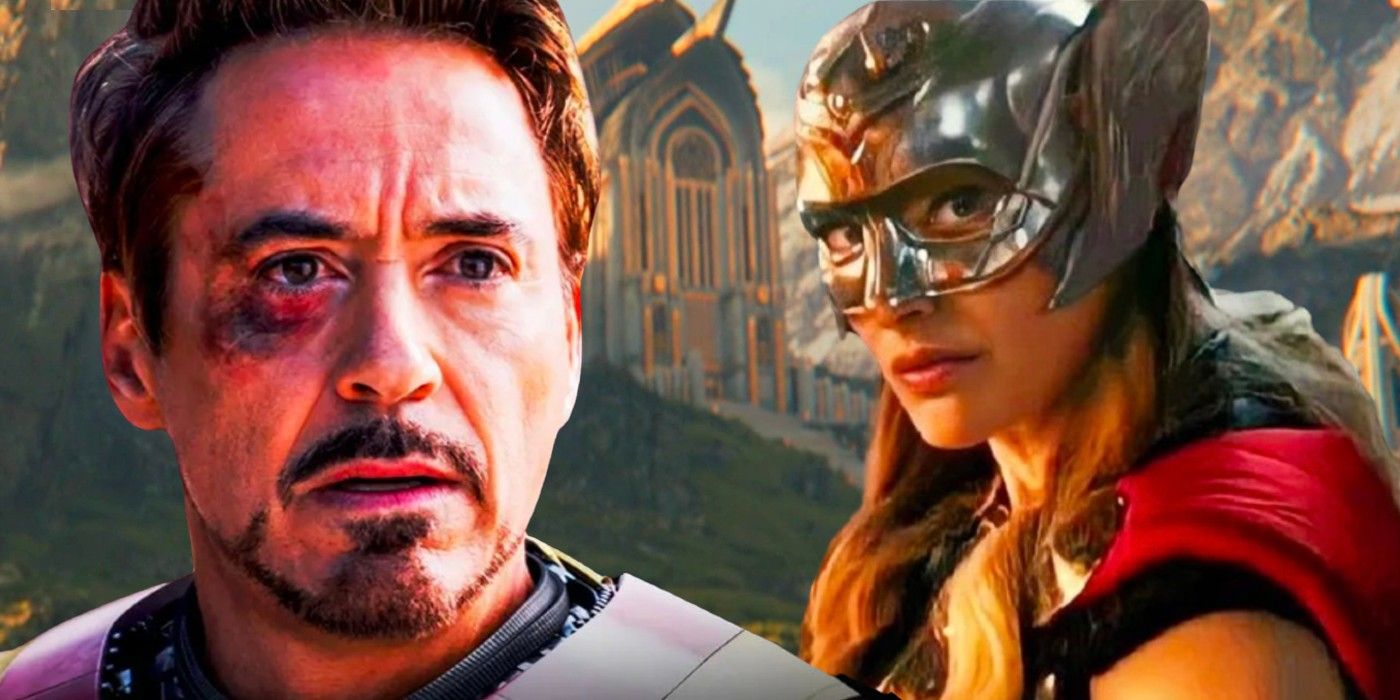
Could Jane & Heimdall Return?
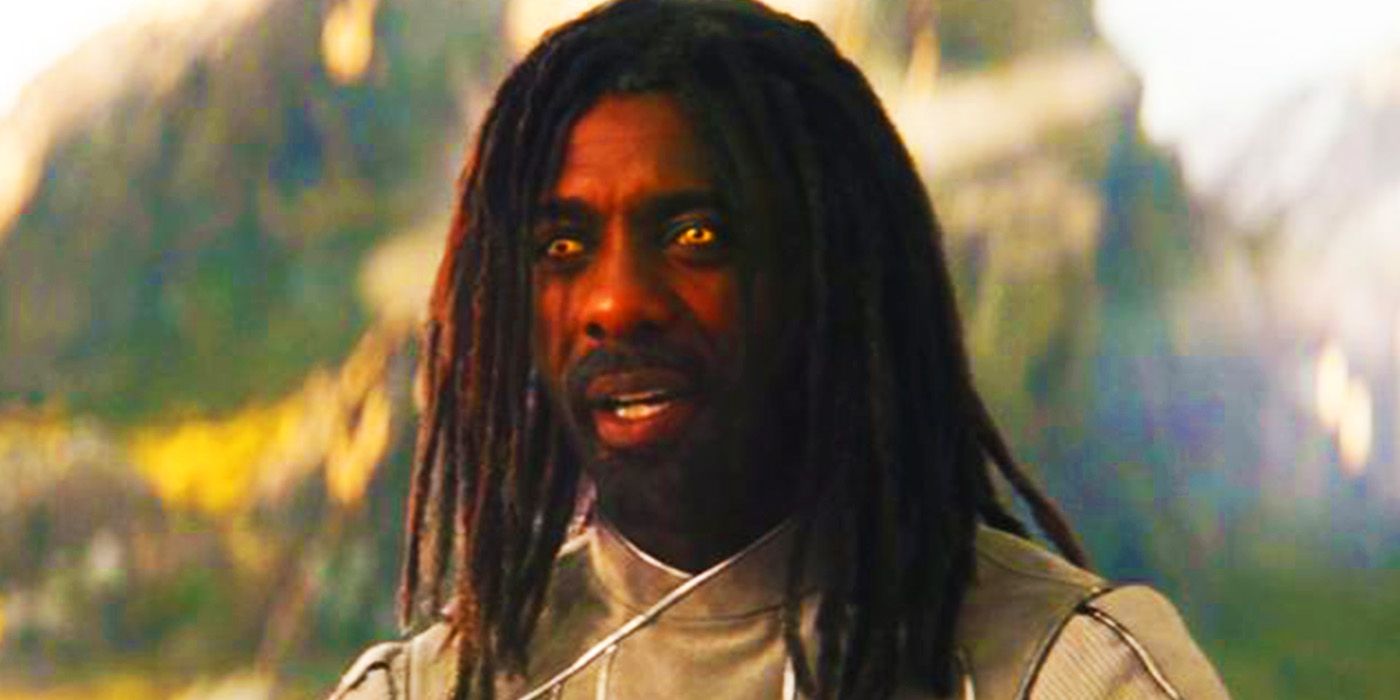
Since Valhalla is the Asgardian afterlife, for Jane or Heimdall to return from it would mean they’d need to be resurrected from death. In Norse mythology, Valhalla is the place where heroes go after death to await the final battle at the end of the world, when they will return from the dead to fight alongside the living once again. That offers one possibility for returning, though the end of the world is a vague concept in the MCU.
Additionally, in the comics, escape from Valhalla has been shown to be possible. When Thor got trapped in Valhalla, he made a deal with Hela, the ruler of the realm, to return to the living world. To do so, someone else had to die in order to take Thor’s place in Valhalla, which eventually happened. In another story from the comics, Thor was able to communicate with those who had passed over to Valhalla even after their demise.
On top of that, the idea of Jane Foster specifically going to Valhalla after dying is actually lifted straight from Jason Aaron’s Thor run. And in that story, Jane was ultimately resurrected by Odin, at great personal cost. Unlike Thor: Love and Thunder, Jane hesitates at the gates of Valhalla before she is resurrected (ahead of becoming Valkyrie in War of the Realms).
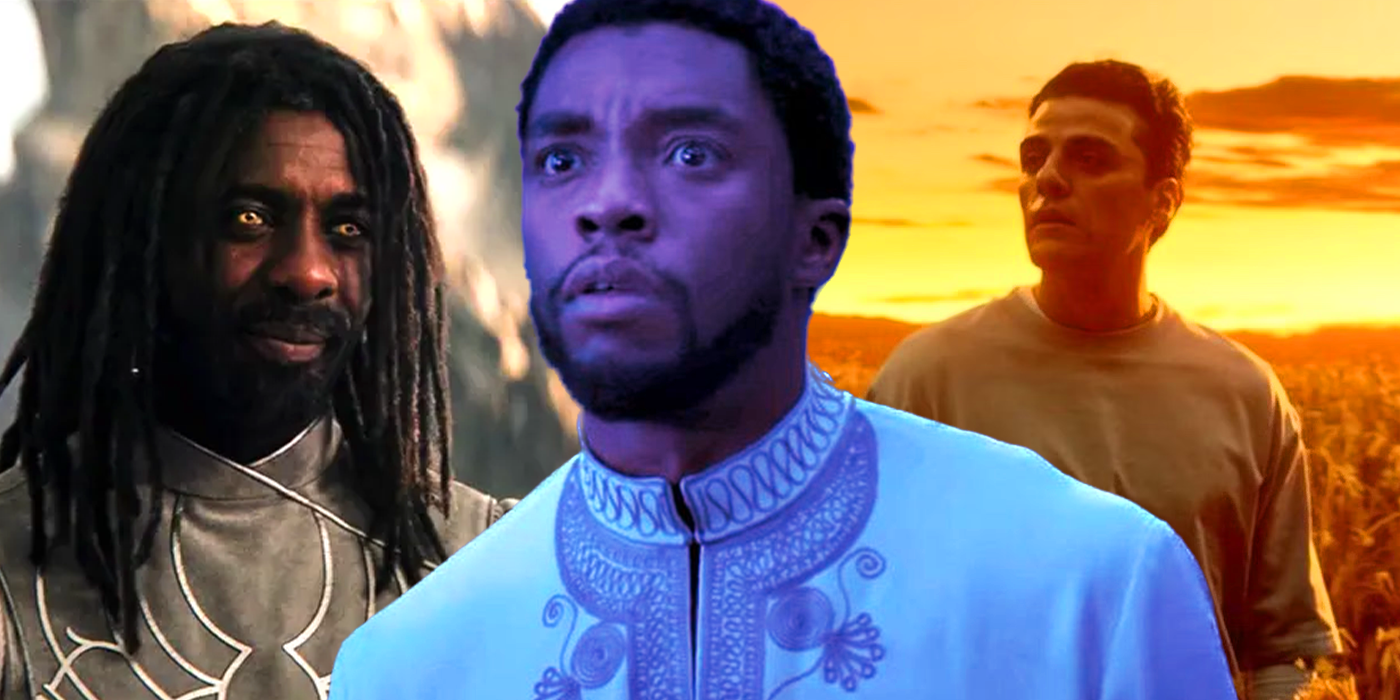
As such, there is the possibility Jane and/or Heimdall could return to the land of the living if they were to strike a similar deal with whoever rules Valhalla in the MCU. Considering how formidable Hela proved to be in Ragnarok, it wouldn’t be surprising if she’d established herself as ruler of Valhalla in her short time there. Additionally, if a future Thor movie does decide to spend any time in Valhalla, not only could Jane and Heimdall return, but other Asgardians, including Hela, Odin, and the Warriors Three.
Even if none of the dead Asgardians return from Valhalla, though, there is precedent in the comics for Thor being able to converse with them, so some kind of bridge could be formed allowing them to offer Thor guidance. All in all, the second Thor: Love & Thunder post-credits scene could be setup for characters to return. Or, it could just as well be meant as a final conclusion to Jane’s story.
When Thor Will Return After Love & Thunder
After the second Thor: Love & Thunder post-credits scene, there’s a text screen that reads “Thor will return.” This text screen is reminiscent of the MCU Phase 1 movies, which culminated in the characters teaming up in The Avengers. This type of text has been used in almost every MCU movie to indicate that heroes and teams will be seen again.
Of course, Thor has a longer tenure in the MCU than Doctor Strange, and many may have gone into Love & Thunder expecting it to be Hemsworth’s last turn as the God of Thunder. However, this text screen seemingly confirms Hemsworth’s hero will return for another movie, though what exactly Thor’s future in the MCU after Love & Thunder will be remains to be seen. It could be an unprecedented 5th solo movie or a bigger Avengers project.
The most obvious possibility is a potential Thor 5, although Waititi won’t be returning. Thor could also return in a team-up movie like Avengers 5. The other, more sneaky possibility is that the title card could be referring to a different version of Thor, particularly Jane’s Mighty Thor. After all, the text screen appears after showing Jane in Valhalla, a realm she could maybe return from. That said, these text screens have been used before and typically refer to the main hero, so it’s more than likely indicating Hemsworth will return after Thor: Love & Thunder.
Thor: Love and Thunder is available to stream on Disney+.



